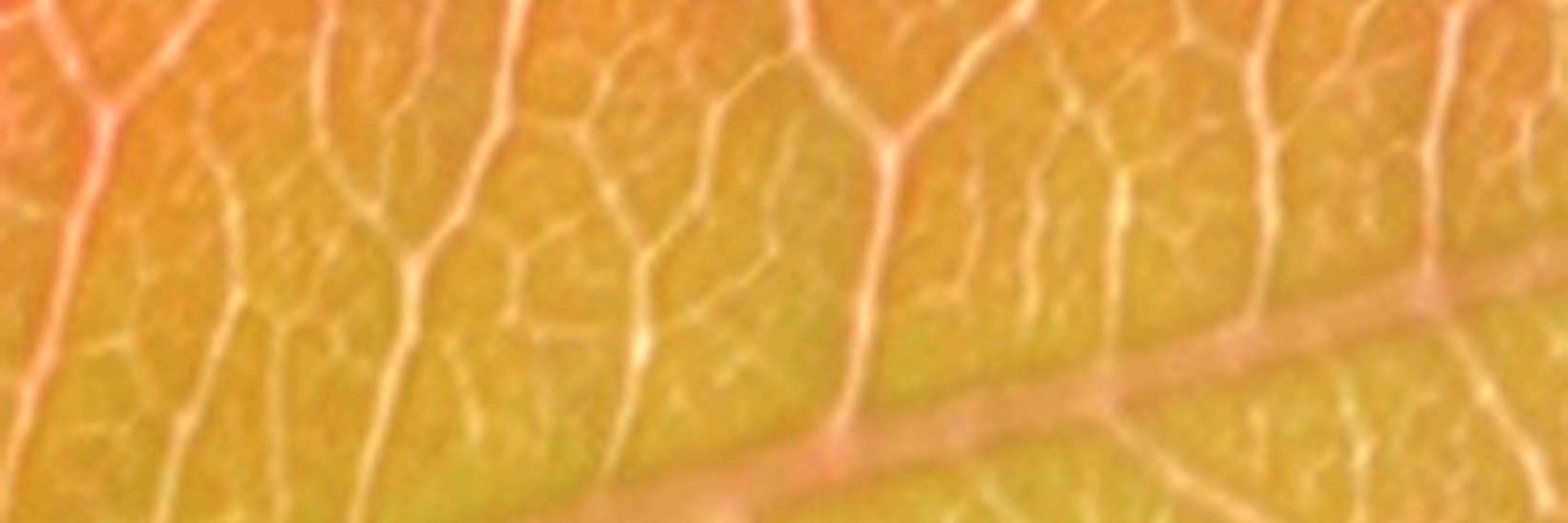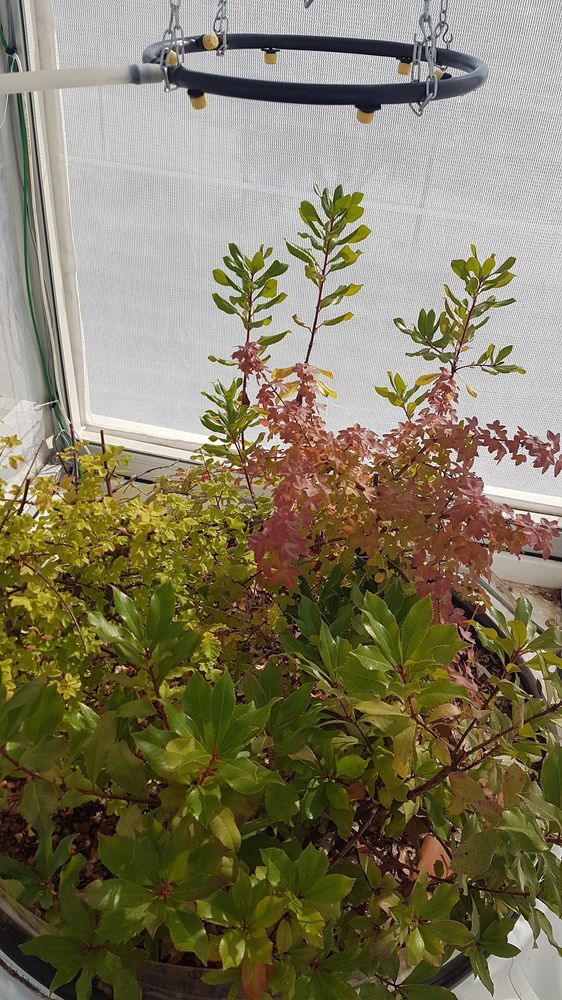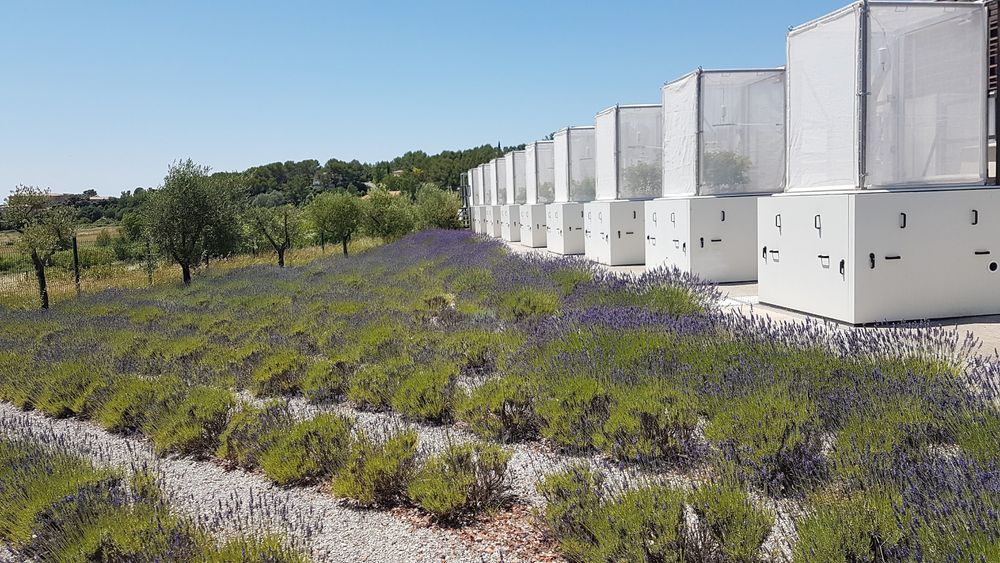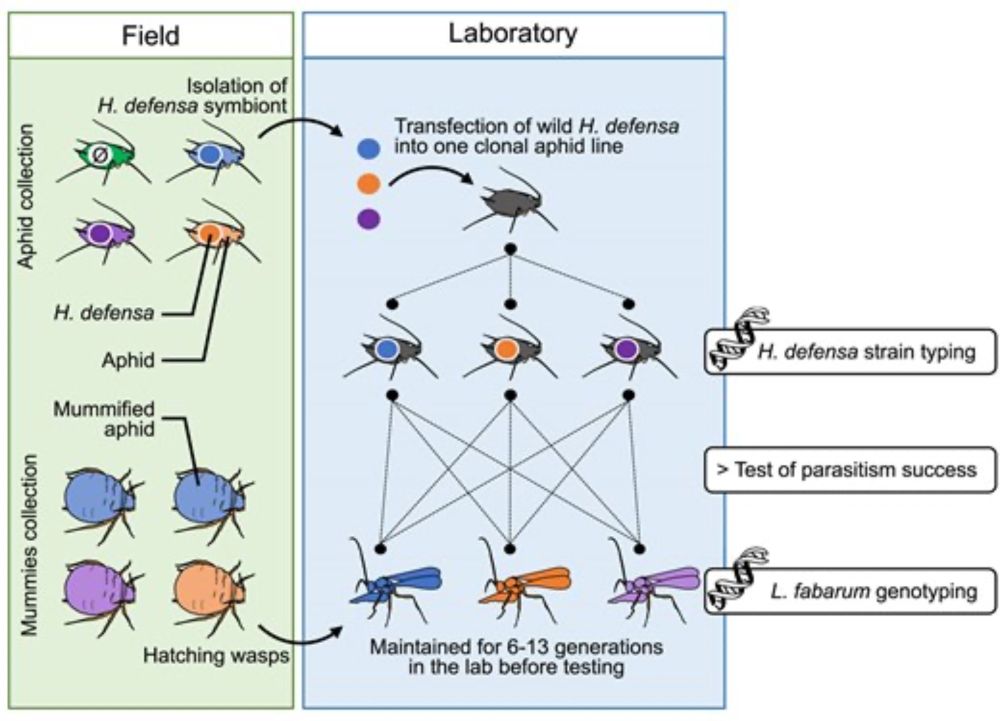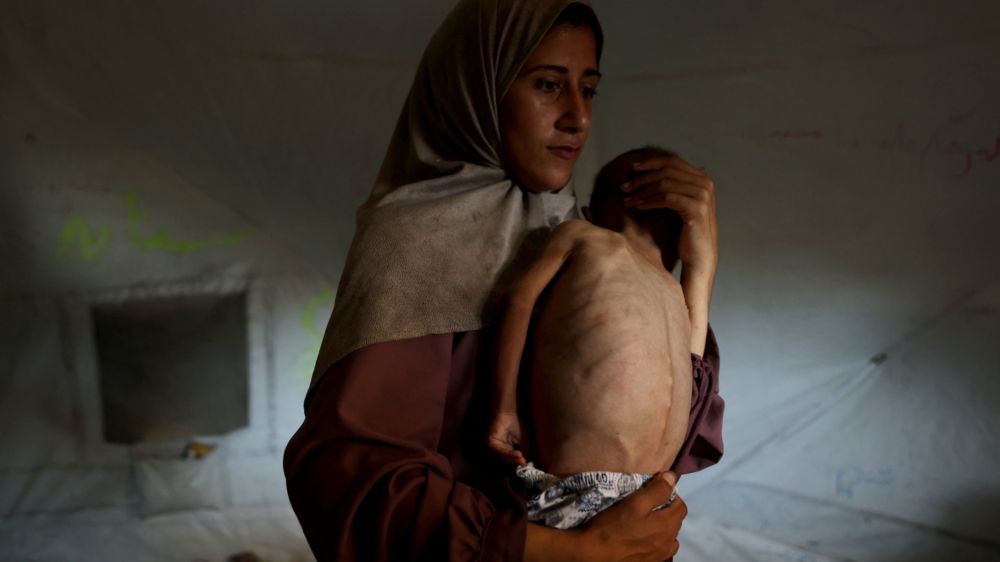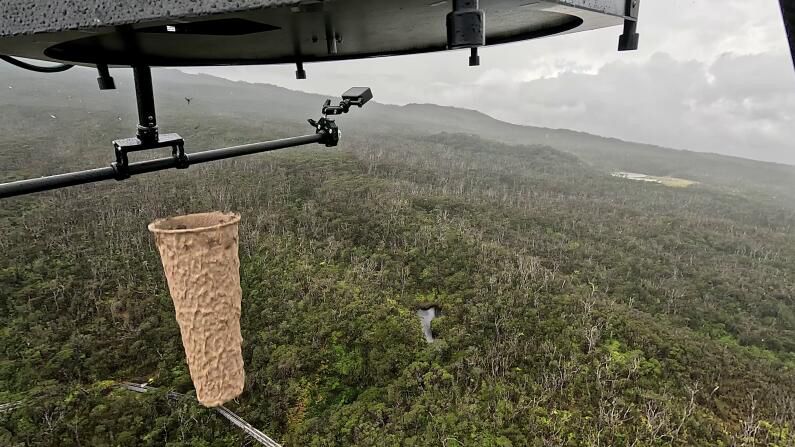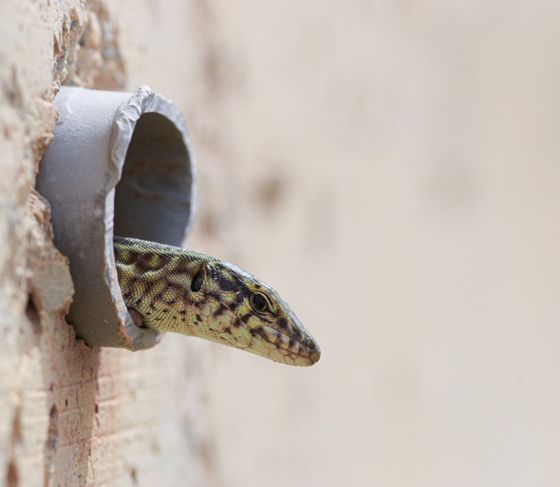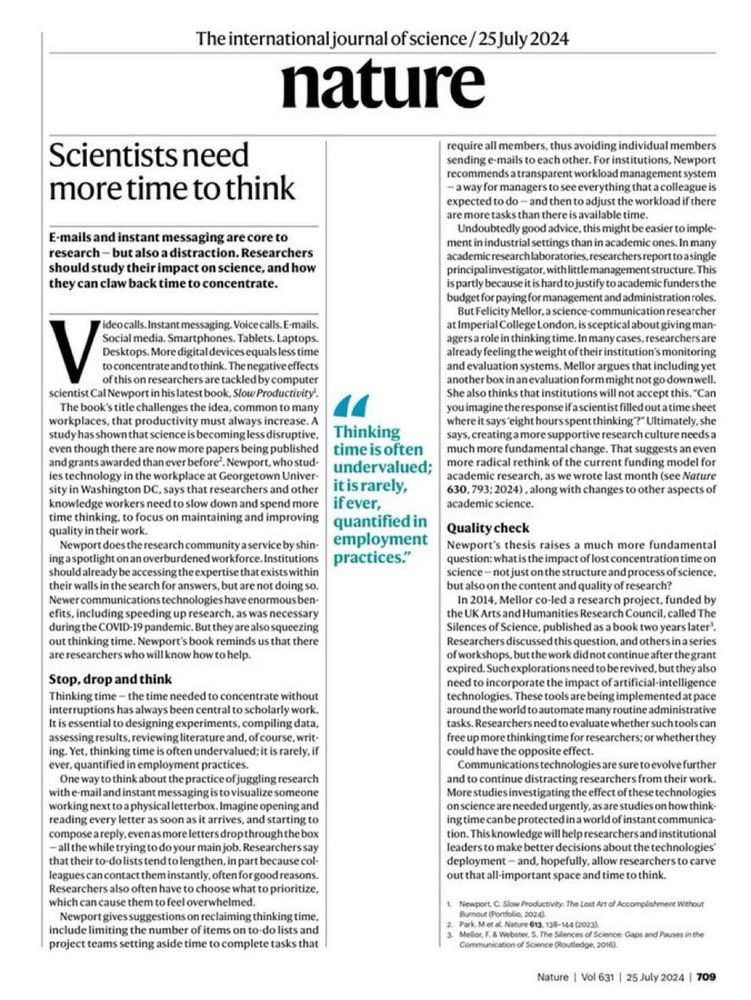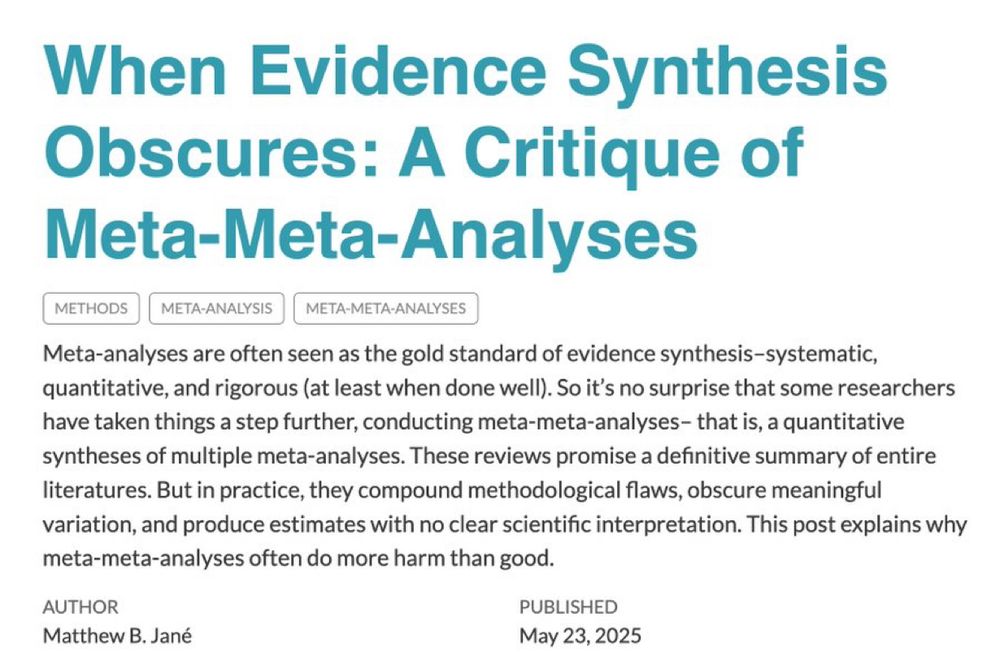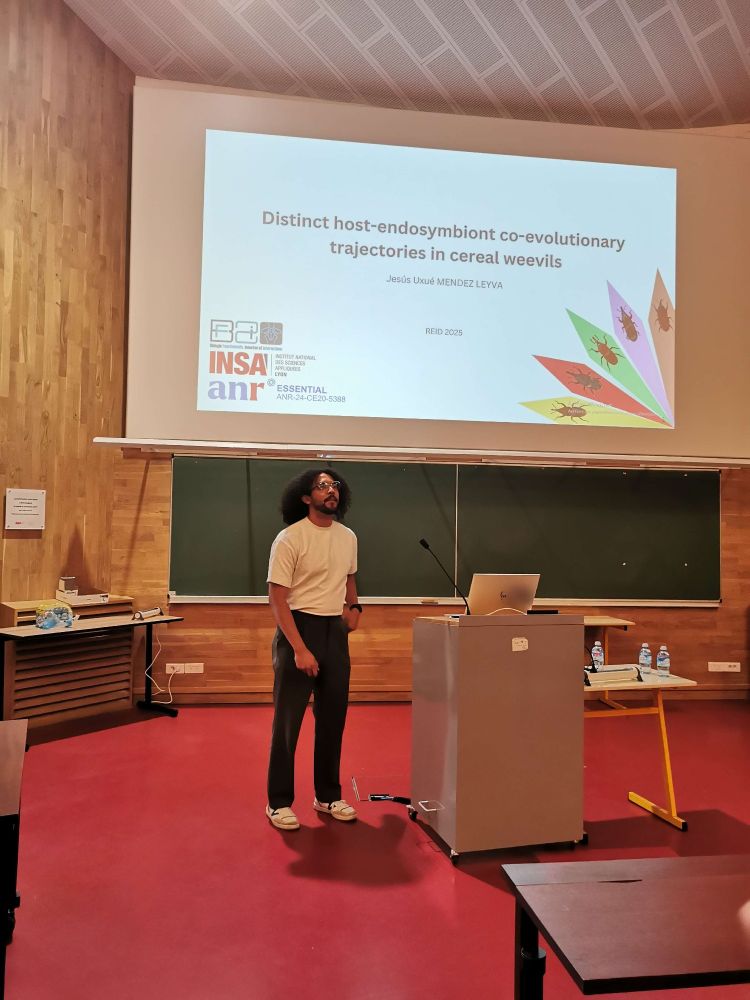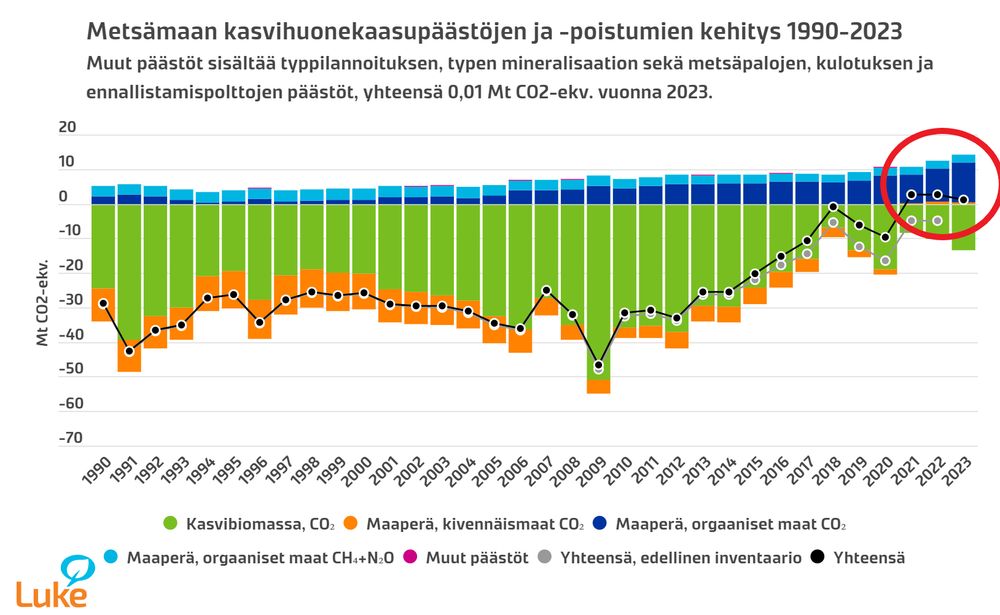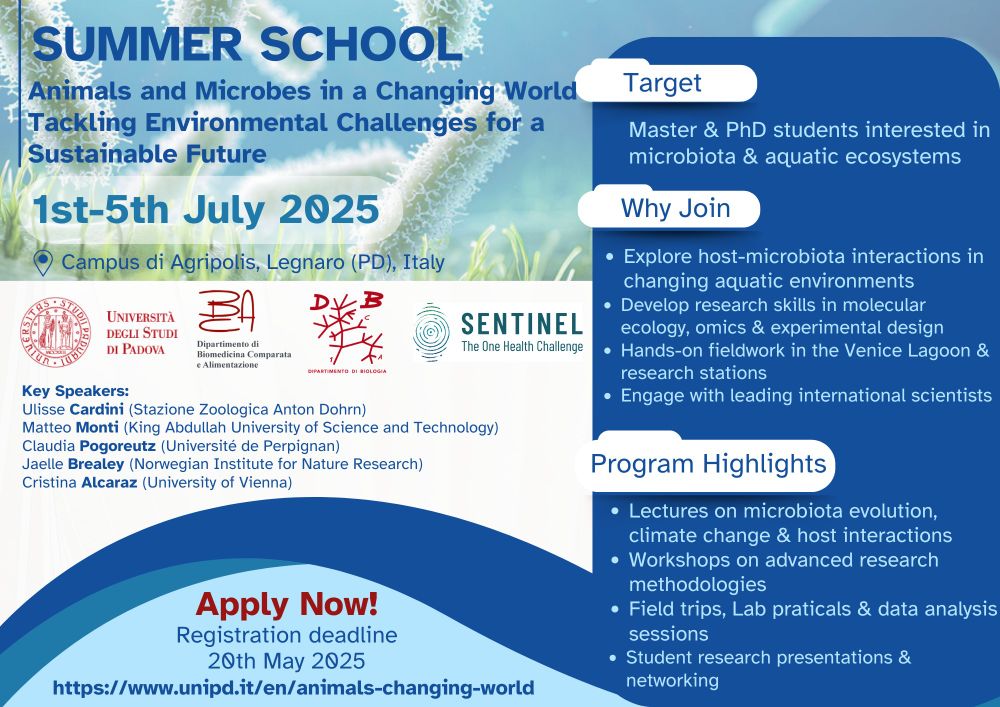Enric Frago
@enricfrago.bsky.social
370 followers
190 following
22 posts
Plant-insect interactions • Insect symbiosis Predators/parasitoids • Biological control Complex interactions • Researcher @CIRAD @CBGP in Montpellier • he/him
https://sites.google.com/site/enricfrago/
Posts
Media
Videos
Starter Packs
Reposted by Enric Frago
Reposted by Enric Frago
Reposted by Enric Frago
Reposted by Enric Frago
Reposted by Enric Frago
The Guardian
@theguardian.com
· Sep 1

Israel committing genocide in Gaza, world’s top scholars on the crime say
Almost 90% of leading academics on subject back resolution stating that Israel’s actions meet legal definition
An overwhelming majority of members of the world’s leading genocide scholars’ association has backed a resolution stating that Israel’s actions in Gaza meet the legal definition of the crime.
Eighty-six percent of those who voted in the 500-member International Association of Genocide Scholars (IAGS) supported the motion. The resolution states that “Israel’s policies and actions in Gaza meet the legal definition of genocide in Article II of the United Nations Convention for the Prevention and Punishment of the Crime of Genocide (1948).” Continue reading...
www.theguardian.com
Reposted by Enric Frago
Frank Burdon
@fburdon.bsky.social
· Aug 25

Aphid herbivory on macrophytes drives adaptive evolution in an aquatic community via indirect effects | PNAS
Indirect ecological effects occur when the impact of one species on another is mediated
by a third species or the shared environment. Although indi...
www.pnas.org
Enric Frago
@enricfrago.bsky.social
· Aug 25
Frank Burdon
@fburdon.bsky.social
· Aug 25

Aphid herbivory on macrophytes drives adaptive evolution in an aquatic community via indirect effects | PNAS
Indirect ecological effects occur when the impact of one species on another is mediated
by a third species or the shared environment. Although indi...
www.pnas.org
Reposted by Enric Frago
Reposted by Enric Frago
Nonia Pariente
@npariente.bsky.social
· Jun 27
PLOS Biology
@plosbiology.org
· Jun 25
Too poor to science: How wealth determines who succeeds in STEM
From student to researcher, a career in science can come with a high price tag. This Perspective explores how persistent financial barriers limit who can succeed in science, revealing how wealth shape...
plos.io
Reposted by Enric Frago
Reposted by Enric Frago
Reposted by Enric Frago
Reposted by Enric Frago
Reposted by Enric Frago
Evan Fricke
@efricke.bsky.social
· May 19
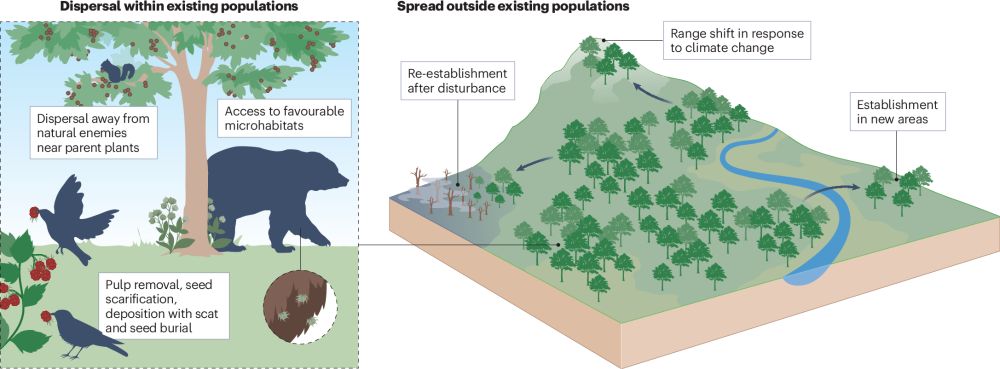
Drivers and impacts of global seed disperser decline
Nature Reviews Biodiversity - Many plants rely on animals to disperse their seeds, but some groups of these seed-dispersing animals are facing severe declines. This Review summarizes evidence of...
rdcu.be
Reposted by Enric Frago
Reposted by Enric Frago
Reposted by Enric Frago
Prof Sam Illingworth
@samillingworth.com
· Apr 24
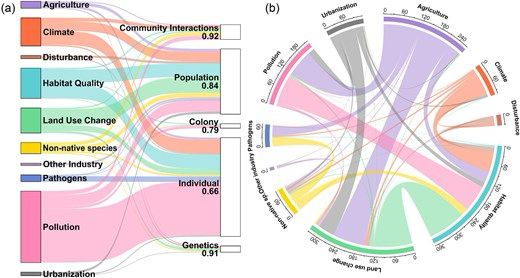
Meta-synthesis reveals interconnections among apparent drivers of insect biodiversity loss
Abstract. Scientific and public interest in the global status of insects has surged recently; however, understanding the relative importance of different s
doi.org
Reposted by Enric Frago
